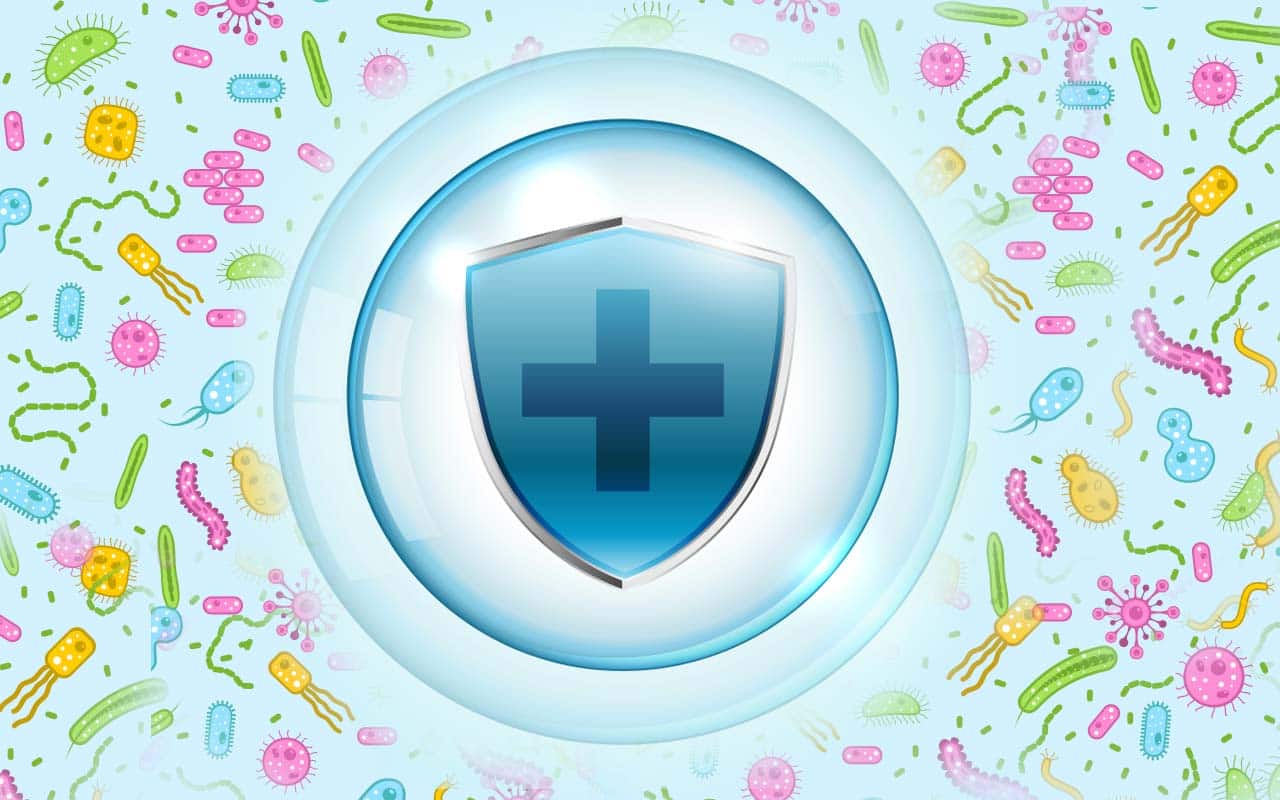The study of genetics has been an integral part of the field of health and medicine for centuries. The idea that our genetic makeup plays a significant role in determining our health and wellbeing has been deeply ingrained in our collective understanding of biology. However, recent research has shown that the role of genes in determining health is not as straightforward as previously thought, and that the study of epigenetics is becoming increasingly important in this field.
So, what exactly is epigenetics?
Put simply, epigenetics refers to the study of changes in gene expression that do not involve changes to the underlying DNA sequence. This means that while a person’s genetic makeup is determined at conception and remains largely fixed throughout their life, their epigenome can be influenced by a variety of factors, including environmental factors such as diet, stress, and exposure to toxins.
One of the most fascinating aspects of epigenetics is that it can have an impact on a person even before they are born. Studies have shown that the environment a baby experiences in the womb can have a profound effect on their epigenome, which in turn can affect their health and wellbeing in later life. For example, if a pregnant woman is exposed to high levels of stress, this can trigger changes in her baby’s epigenome that make them more susceptible to conditions such as anxiety and depression.
The importance of early life experiences
The importance of early life experiences on the epigenome is not limited to the prenatal period. Research has shown that the first six years of a child’s life are particularly crucial for laying down patterns of behavior that can have a lasting impact on their health and wellbeing in adulthood. This is because during this time, the brain is rapidly developing and forming new connections, and experiences during this period can shape the way the brain develops.
For example, if a child experiences neglect or abuse during this period, this can lead to changes in their epigenome that make them more prone to mental health problems such as depression and anxiety in later life. On the other hand, if a child experiences positive and nurturing environments during this period, this can have a protective effect on their epigenome and promote good mental health in adulthood.
Epigenetics is opening up new avenues
In conclusion, while the study of genetics will always be important in the field of health and medicine, the growing understanding of epigenetics is opening up new avenues for research and treatment. By understanding how environmental factors can influence the epigenome, we can gain a better understanding of the underlying mechanisms that contribute to health and disease, and develop new approaches to prevention and treatment. Additionally, by focusing on promoting positive experiences during the early years of life, we can help to lay the foundation for a healthier, happier future.




